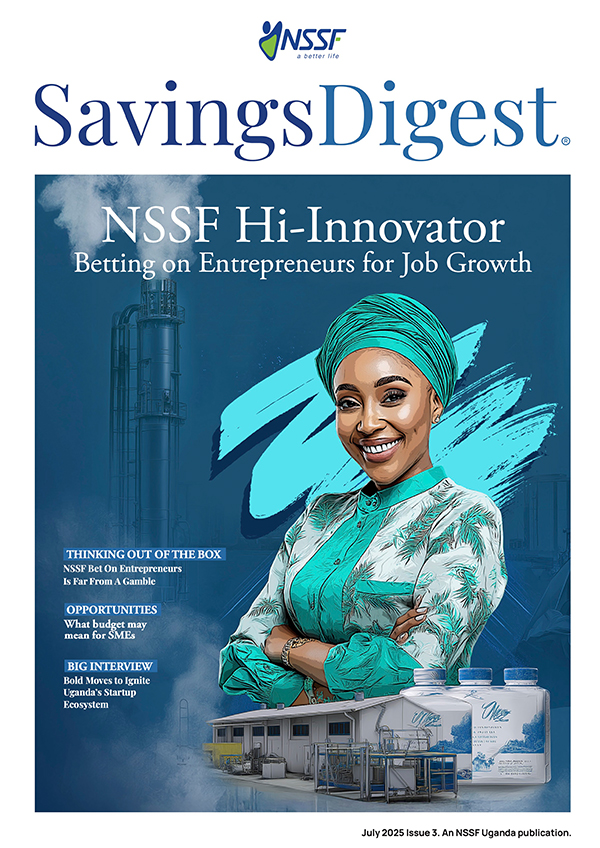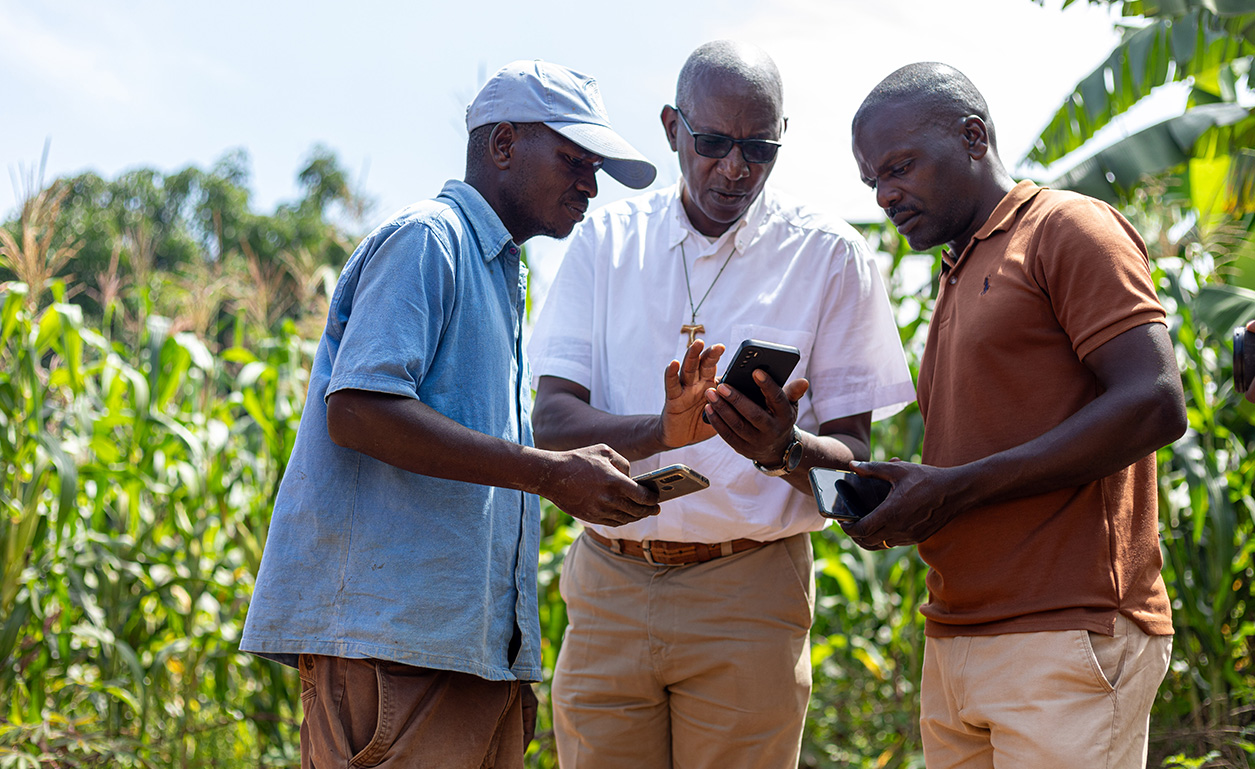An Idea First, Capital Later? The Entrepreneur’s Dilemma
Monday, July 28 2025 5:11 pm
By Julius Businge Follow on LinkedIn
In Uganda, the phrase “I have a business idea” is as common as the sunrise. With one of the world’s highest rates of entrepreneurial activity—28% of adults engaged in early-stage ventures, according to the Global Entrepreneurship Monitor—the country is buzzing with ambition.
But if ideas are in abundance, why do so few start-ups survive? The Uganda Investment Authority says more than 60% of registered small and medium enterprises (SMEs) fail to celebrate their second birthday. This paradox raises a crucial question for aspiring entrepreneurs: between capital and the idea, which truly matters more when starting a successful venture?
Chicken and egg conundrum
Joseph Mayeku, an Account Manager at Ensibuuko Tech Ltd, believes the idea comes first. “Before you even think of capital, you need an idea, a dream,” he says. Ensibuuko was started with a vision to help unbanked communities manage savings and loans through technology.
That idea, however, needed refining and support. “Starting is not always easy; you will fall along the way, but you need to identify the weaknesses, perfect them and lift yourself up,” Mayeku explains. Ensibuuko has itself weathered its share of challenges since 2014, but through innovation and partnerships, it now supports over 1,000 savings groups to access credit and agricultural inputs.
Mayeku’s insight echoes a broader truth: while capital is crucial, a well-crafted idea backed by execution, mentorship, and resilience often determines a start-up’s fate.
Like Mayeku, Dr Julius Byaruhanga, the Director of Policy and Business Development at Private Sector Foundation Uganda (PSFU), asserts that a strong business idea forms the foundation of any successful enterprise — not capital.
“There is a school of thought that considers capital secondary to the idea, and I agree,” Dr Byaruhanga explains. “You may have the money, but if you invest it in the wrong business, you are likely to incur losses.”
He stresses the importance of testing the idea before committing resources. Many entrepreneurs, he observes, start businesses based on casual conversations with peers, only to encounter unexpected losses.
Supporting businesses beyond funding
One initiative redefining what it means to grow a business in Uganda is the NSSF Hi-Innovator Programme, a partnership between the National Social Security Fund (NSSF), Mastercard Foundation, and Outbox Uganda. Unlike traditional funding models that only inject money, Hi-Innovator focuses on nurturing both the entrepreneur and the enterprise.
“The programme is not just about innovation,” says Patrick Ayota, Managing Director of NSSF. “It’s about formalizing Uganda’s economy and creating members for the Fund.” By mid-2025, Hi-Innovator had created over 202,000 jobs—far exceeding its initial three-year target of 132,000—and generated Shs1.7 billion in savings from newly formalised roles. “Each job created is a potential NSSF member,” Ayota adds. “The programme has been a gateway for turning informal ideas into formal contributions.”
Beyond numbers, the programme touches human lives. Many youth-led businesses, once operating informally, are now employers, tax contributors, and NSSF members. And it’s not just about access to seed funding—Hi-Innovator offers technical assistance, mentorship, a Business Academy, and long-term partnerships through its accelerator programmes, including those tailored for women.
Meralyn Mungereza, the Country Programme Head at the Mastercard Foundation, says their involvement is rooted in enabling young people to find dignified and fulfilling work. “The success of the programme lies not only in the number of jobs created but also in the dignity and long-term security those jobs have begun to offer,” she notes. For many young entrepreneurs, this is the bridge from the informal hustle to a sustainable livelihood. Entrepreneurs for the programme, however, are selected carefully.
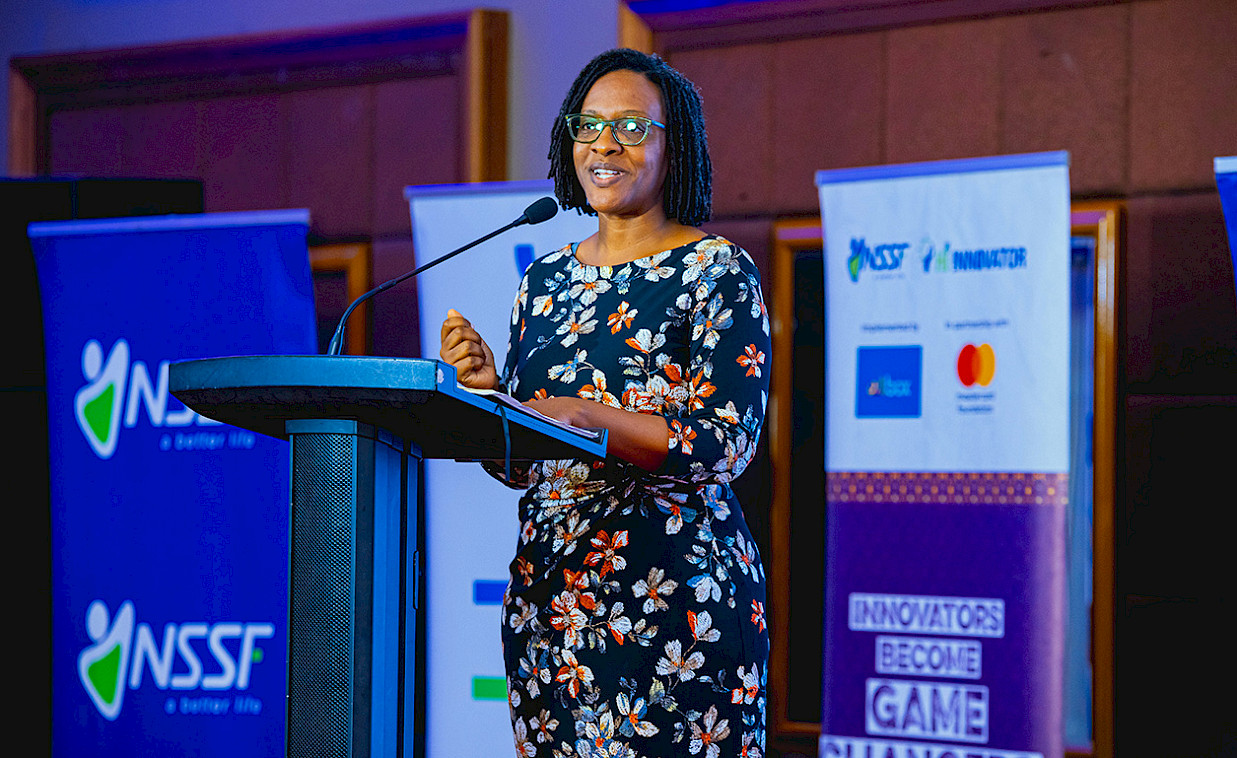
Richard Zulu, CEO of Outbox Uganda, which implements Hi-Innovator, says the selection of businesses is intentional. “We focus on ventures with potential for long-lasting employment, especially in sectors like light manufacturing, agri-business, and education,” Zulu says. Each selected start-up signs up for a five-year support framework that goes beyond funding. “We provide technical assistance, mentorship, and access to markets—ensuring these start-ups don’t just survive but scale,” he emphasizes.
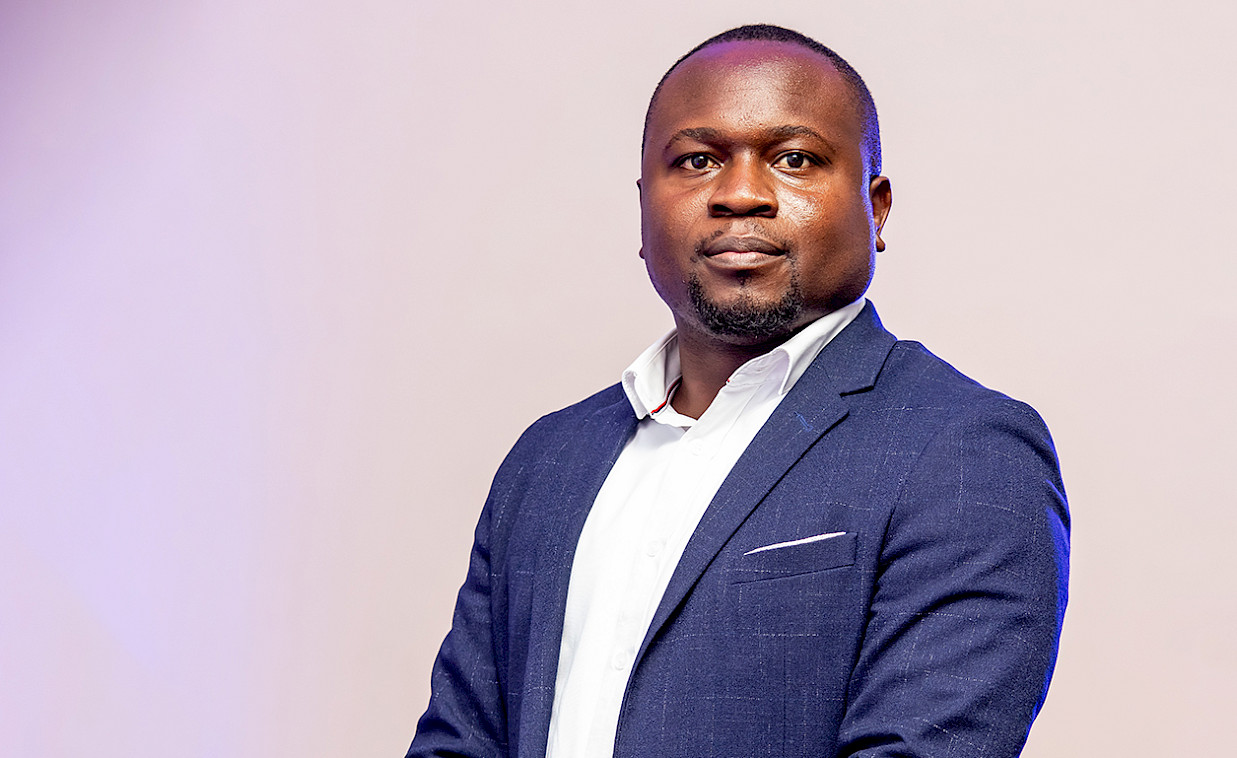
Zulu believes the strength of Hi-Innovator lies in its model—one that merges finance with capacity building. It is a refreshing shift from traditional capital injection programmes that often leave young entrepreneurs overwhelmed and underprepared. This holistic approach is why over 430 businesses have already benefited from the programme, while more than 81,000 have been trained through the Hi-Innovator Business Academy.
Still, some industry leaders believe entrepreneurs must also evolve how they approach growth. Keith Kalyegira, Board Chairperson of Absa Bank Uganda, puts it succinctly: “While a good idea is the spark, it’s your ability to build, sell, and get paid that truly brings a business to life.”
Speaking at the Absa Bank Business Club relaunch in Kampala on July 9, Kalyegira advised entrepreneurs to focus on formalisation, tax compliance, and visibility. “That’s how we walk with you and grow together,” he said, referencing the banking sector’s increased willingness to work with credible SMEs.
Anil Patel, CEO of Grant Thornton Uganda, agrees. “Behind every successful business is sound advice, strong governance, and strategic planning,” he said at the same event. His remarks underscore the advisory gap facing many start-ups, especially those without access to professional guidance.
Entrepreneurship in Uganda
In 2023 alone, Uganda attracted just USD $5 million (UGX 18.5 billion) in startup funding, according to entrepreneurship consultant Moses Acobi. In his LinkedIn piece titled “Optimising Investment Readiness for Ugandan Startups”, Acobi writes, “Our ecosystem lacks readiness. Most entrepreneurs need business model training, financial forecasting skills, and exposure to investor language.”
Fortunately, Uganda’s growing network of incubators and accelerators is attempting to bridge these gaps. Platforms like Innovation Village, Hive Colab, and Imuka Ventures offer co-working spaces, investor matchmaking, and essential business training. A 2021 WeeTracker report credited these organisations with reducing early-stage failure by offering structured and consistent support.
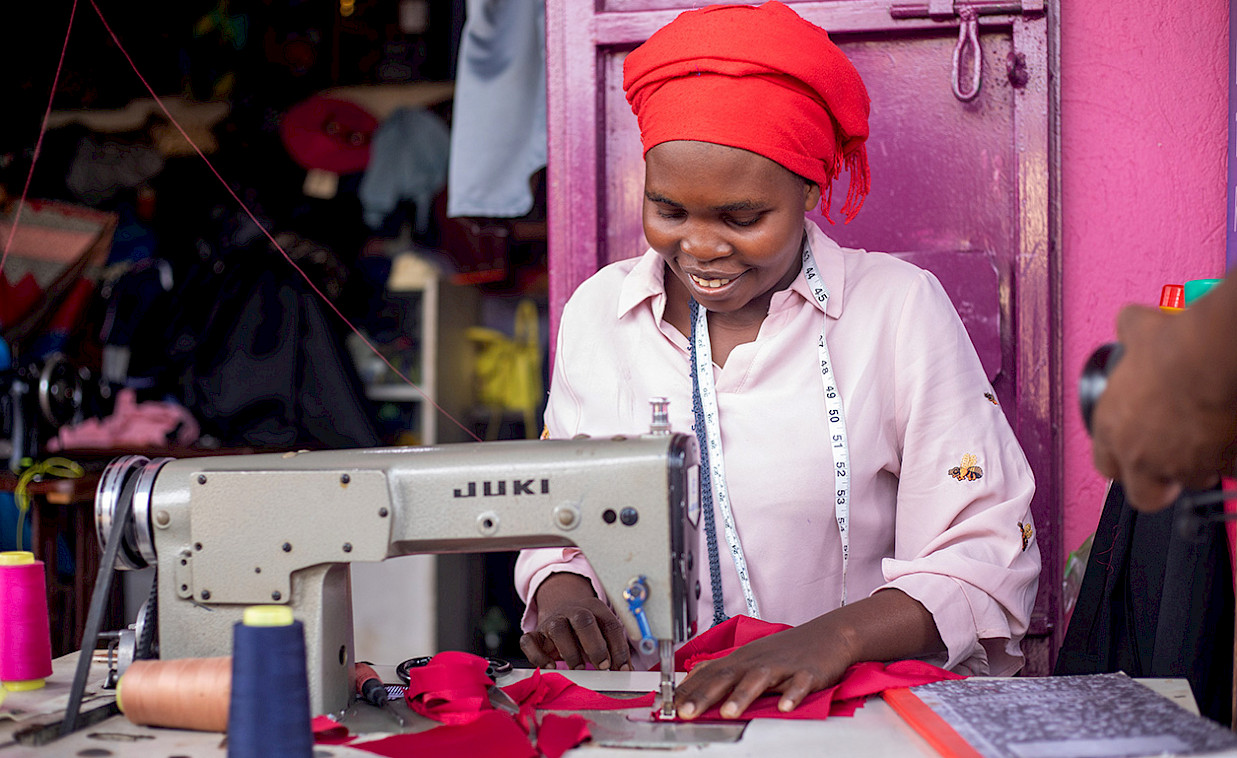
But, challenges in the policy environment persist. Uganda ranks 116th out of 190 countries in the World Bank’s Ease of Doing Business index last report produced in 2020. Complicated registration processes, inconsistent tax enforcement, and barriers to market access—particularly for international expansion—continue to hamper start-up growth.
So, back to the question, what matters more when starting up–capital or the idea? The answer, as the Ugandan experience shows, is neither in isolation. A compelling idea gets you to the table, but without access to capital, mentorship, training, and a nurturing environment, even the best concepts can wither.
Programmes like NSSF Hi-Innovator illustrate what happens when all these pieces come together: ideas are transformed into livelihoods, informal workers become formal contributors, and Uganda’s economy moves closer to unlocking its full potential. For Uganda’s next wave of entrepreneurs, that may be the most important idea of all.





